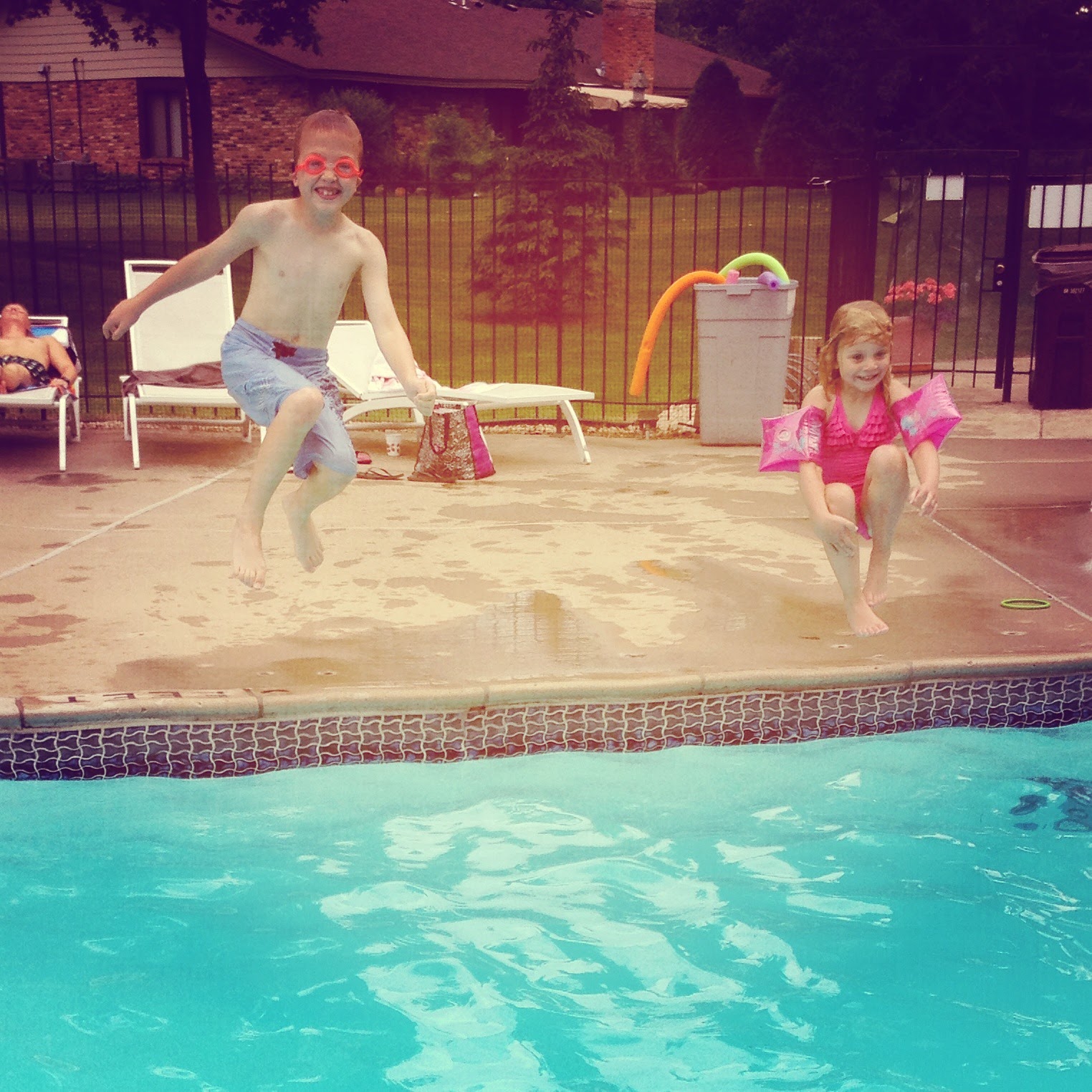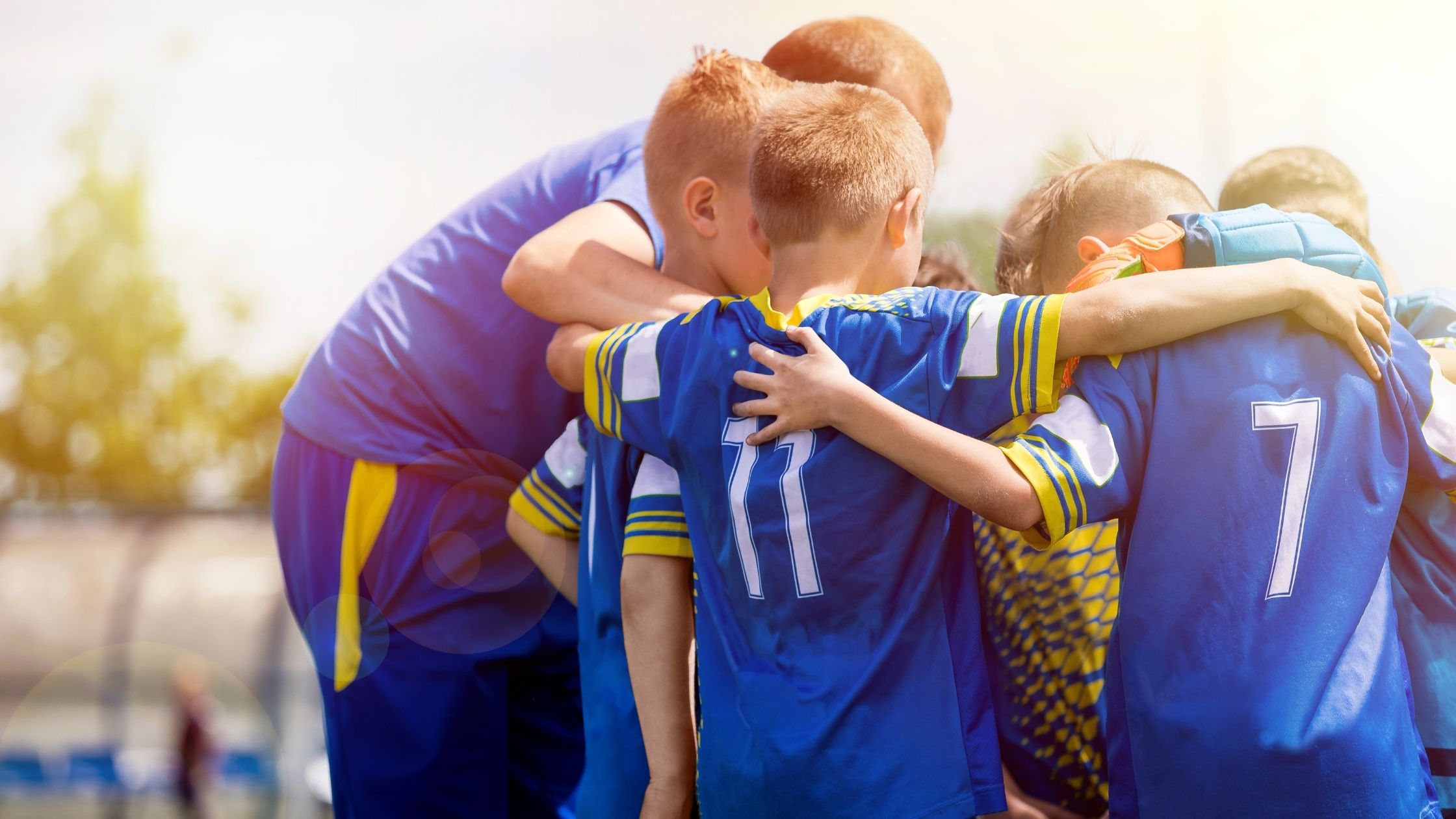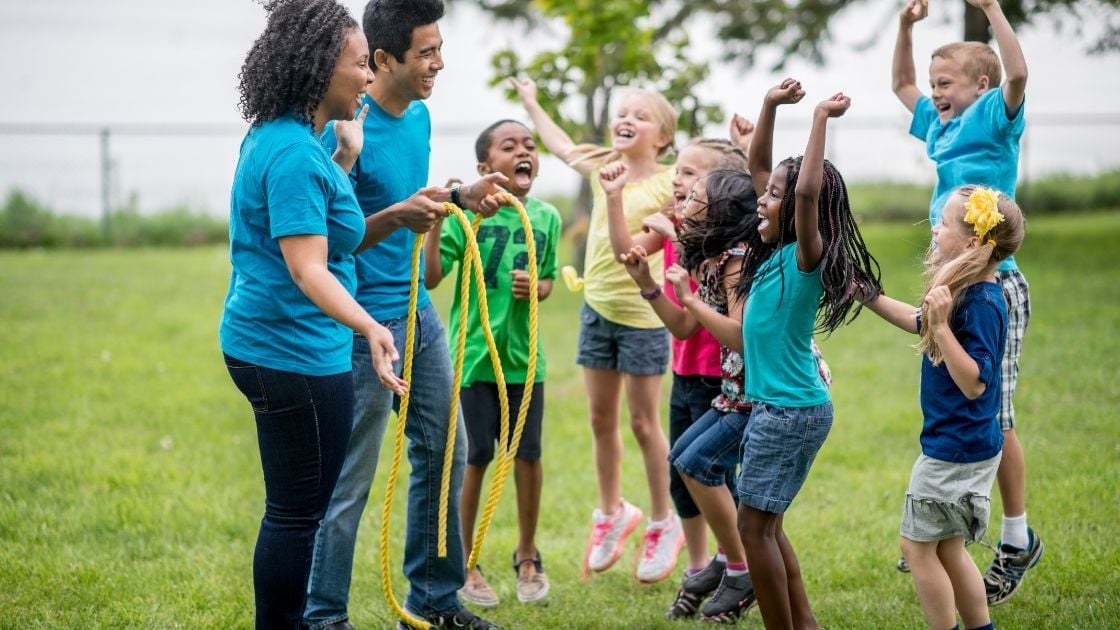Recovering from The Tryout Blues – as a kid and as a parent – isn’t easy.
Teen tryouts are more stressful than watching any youth tournament.
At a recent tryout event for a Junior Olympic volleyball club, I saw elated faces and relief hugs among teens and parents.
This was after the first of four teams of girls were dismissed from the courts.
I also saw the anguish of parents still waiting. Some appeared so stressed they were wringing their hands and saying they couldn’t handle another minute of waiting.
I wasn’t worried.
“Whatever happens, happens. We can deal with it,” I told a friend, thinking that my kid would make at least one of four levels. And even if it was the bottom rung, we were still in for a season of sports.
Getting the news
We were all there with one goal in mind: See our teens get on a roster.
Selection meant that “golden ticket” to the training at team practices and the experience of tournament competition. This would be where our young athletes would learn strategy, build up physical endurance, gain confidence, take risks and get boosts of self-esteem. They’d learn to trust and lead others.
The last wave of teens was dismissed. At first, I didn’t see my daughter among the buzzing crowd. She wasn’t with the burst of smiling girls waving the roster paperwork, beckoning parents to the back of the gym to put down their deposit checks.
There was a lull. Not a good sign. Then I saw her, head high, drinking from her water bottle with disappointment in her gaze.
She nodded, and I smiled, reassuringly. A parent can read their kid’s expressions. Her feet bypassed me, darting through the crowd toward the restrooms where I assume she blinked back tears and blew her nose behind a stall door.
I was unsettled, in disbelief. Benched! No, worse: Cut!
Where is your resolve now, Miss Whatever Happens, Happens?
I had to dig it out quickly.
Facing the decision, publicly
It’s painful to watch your child get cut. My heart sank. I just assumed she’d make a team, especially after five years in competitive volleyball. I’d seen the tears and hugs in team waiting rooms before.
I inhaled deeply to reset my emotions, and tried to become a stoic pillar on which she could lean. I wanted to appear empathetic, but brave. As she came up to me, I hoped she’d feel my magnetic pull to bring her toward recovery — or at least pick up a feeling that everything would be OK.
We both acted strong, and casually brushed off her status, answering questions through the crowd as familiar faces inquired, “How did you do?”
“Turned down,” we said publicly, and offered congratulations to the teens who made the teams.
We hung around to assess options. Then, cutting our losses at this club, we opened the doors to exit the humid gym. The contrast of bright sunlight stung our eyes. I wanted to talk some sense into the sun.

Talking through it
In the car, I listened. I thought it best that we spend some time analyzing things, not bashing the process.
She had competed with more than 90 teens who had showed up for 40 spots. She explained that she knew she missed a pass when evaluators were watching. She said even with her strong serves, blocks and passes, with so many players, there were too few chances to touch the ball.
Every action counted, and when she did perform well, the evaluators, it seemed, weren’t looking.
It wasn’t a matter of endurance. Even though the tryouts took longer than two hours, she wasn’t winded.
“It’s beyond your control,” I said. “You did your best and I’m proud of you.”
In the Twin Cities, there are other options: Secondary clubs hold tryouts later in the day to recruit those cut by popular top-tier clubs in the morning. We knew we had to decide this quickly. There was a stigma to shake off.
Listening, processing
Back at home, we sat at the dining table, decompressing. Hugs seemed to be the best remedy, as my words didn’t bring relief.
Still, I tried to reinforce my support, reiterating: “That was courageous to take the risk and try out at a top competitive club.”
The texts and tweets of her friends and their results at different clubs joined our table conversation virtually. The healing came from comradery. We weren’t the only ones.
We each retreated to freshen up. When she emerged, I saw a hint of puffy eyelids.
I told her it’s OK to cry, to be mad, and I saw she already knew this. In the hours after the tryouts, she shook off the defeat, gleefully talking about an upcoming high school dance.
But then, later, a delayed reaction surfaced.
The Tryout Blues snuck back in and I saw her eyes were puffy again. The emotional healing process continued with an internalized demeanor, and then physical reports of a headache, a stomach ache and stepped-up roughhousing with a sibling.
All of this was a normal reaction to the anguish of the disappointment.
Wallowing, just a bit
I recounted the tough odds, and my mind drifted to secret regret and wonder. Perhaps I should’ve encouraged her to choose a less competitive club where the odds were slightly more in her favor?
But then I stopped my mind from playing that rewind tape and tried not to look back.
Then I worried the experience would trigger a new identity. As individuals, we all identify ourselves with our accomplishments. It makes us who we are — where we work, where we play and how well we do both.
My teen always beamed when answering questions about her sport. Now she seemed to talk more about her other talents. I stopped myself from worrying what her rebound identity might be.
I made a conscious effort to not project my Tryout Blues onto my teen, which would exacerbate the issue. However, secretly, those first 12 hours delivered a tough disappointment that I felt in my gut.
I kept thinking about how lucky the team would’ve been to have her. They missed out on her athletic dedication — never late, always warmed up and ready to play.
I knew they’d miss out on her leadership contributions and contagious team spirit. She could always help players shake off any lost points. I could always read her lips from the bleachers saying, “Come on, we can do this!”
I knew I’d miss the team parents I’d spent hours with during the last few seasons. Wallowing in this thought, my Tryout Blues hit hard.
OUR CHILDREN’S SELF-WORTH GETS TESTED AT YOUTH SPORTS TRYOUTS. LIFE LESSONS COME FROM THE REBOUNDS AFTER DISAPPOINTMENT. PARENTHOOD IS ABOUT LETTING OUR KIDS CHOOSE THEIR OWN REBOUND PATH WITH LOVING SUPPORT.
Rebounding: Her way
But I couldn’t let myself wallow for long. I suddenly realized we’d have free time coming up with no commitments.
“Is there another winter sport of interest?” I asked my teen.
“You now could take on those babysitting jobs, since you’ll have open weekends,” I suggested.
While we had planned our calendars to allow for 18 hours a week for practices and weekend tournaments, now there seemed to be a large gap of time to fill in other meaningful ways. What an opportunity!
Plus, there was that cost — $2,500–$3,000 for a regional team club placement. Now extra funds in our budget could be put toward some other sport or maybe a spring break vacation!
I stopped myself from offering her too much guidance. I tried to keep things factual, not emotional. Together, we composed emails to directors at other clubs we considered, and heard back that they were already full, except for one club known to take cut players.
Then, I let go.
I had to let my daughter figure this out — herself. I knew her self-esteem didn’t solely come from her chosen sport. She had many talents to channel elsewhere. I shook off the Tryout Blues, knowing there would be another chapter, and I went to sleep that night in suspense of what was to be the next big thing. Que sera, sera, whatever she decided I would respect.
The next day, my daughter announced that she and a friend needed a ride to tryouts at the volleyball club known for taking players who didn’t pass muster elsewhere. They both were selected for a regional team.
She was satisfied, saying, “At least I get to play this season.”
“Yes, you do!” I said with a hug.
Our children’s self-worth gets tested at youth sports tryouts. Life lessons come from the rebounds after disappointments. Parenthood is about letting our kids choose their own rebound path with loving support. I was thrilled it was her decision, and I was glad I hadn’t spent the deposit just yet!

Fast forward to today
Update: When I first wrote the above story, my daughter was 15 years old.
Looking back with a now-19-year-old, I know she learned a lot from the disappointment.
Full disclosure: That club she joined as a consolation was frustrating. Joining a club just to belong and play the sport wasn’t a good fit.
The upside? That spring, at age 16, she applied her knowledge of the game to becoming a volunteer assistant coach to a fourth-grade team. At age 17, she was hired as a head volleyball coach for a young club team in Edina.
Next? Her youth-coaching experience helped her win a scholarship at Emory University in Atlanta.
She may try intramural volleyball at college, or she may not. As for me, I’ve learned to let go, trusting that opportunities will abound, despite disappointments!
Judith Brenner resides in Edina with her spouse and two teen daughters (one away at college). Her upcoming novel, Wheels to Liberty, empowers women facing domestic abuse. She owns creativelakesmedia.com, a freelance business.



















